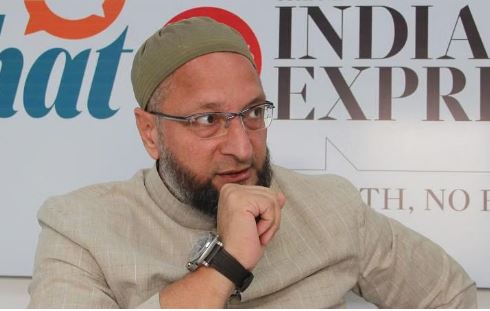
Asaduddin Owaisi opposes Women's Reservation Bill, cites lack of Muslim, OBC quotas
text_fieldsNew Delhi: Asaduddin Owaisi, the Chief of the All India Majlis-e-Ittehad-ul-Muslimeen (AIMIM) and Hyderabad Lok Sabha MP voiced strong opposition to the bill on the argument that it failed to address the representation of women from Muslim and OBC communities.
Owaisi emphasized that the bill aimed to provide representation to underrepresented groups but pointed out that only 520 out of 8,992 MPs elected in the country's history have been Muslims, representing a significant deficit in Muslim representation.
Moreover, he noted that the number of Muslim women in Parliament is extremely low, highlighting a broader concern about underrepresentation.
Owaisi insists that without quotas for Muslim and OBC women, the bill may not achieve its intended purpose of providing equitable representation to all marginalized groups.
The Women's Reservation Bill is set to be in effect for 15 years and includes provisions for a one-third quota for SC (Scheduled Caste) and ST (Scheduled Tribe) candidates.
Despite several attempts over the past 27 years, the bill had faced multiple hurdles and was last passed in the Rajya Sabha in 2010 but could not gain approval in the Lok Sabha. Minister Arjun Ram Meghwal has indicated that a bill passed by the Rajya Sabha but not considered by the Lok Sabha lapses.
The passage of this bill marks a significant milestone in India's journey toward gender equality in politics, but it also highlights the ongoing challenges in ensuring representation for all marginalized communities, a topic that continues to stir debate and discussion among lawmakers and citizens alike.
The passage of the bill comes after a special Parliamentary session convened in the New Parliament House, where Prime Minister Narendra Modi made the announcement. The bill, which has been a subject of intense debate and controversy, reserves 33 per cent of seats for women in both the Lok Sabha and State Assemblies.






















